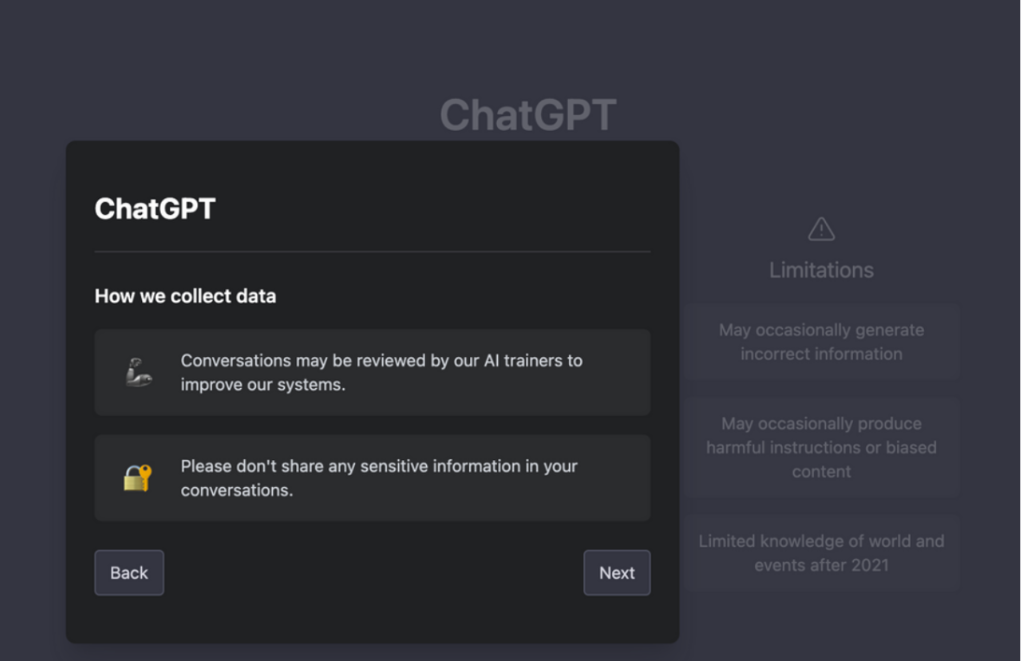- Platform
- Solutions
Industry-specific AI solutions, while targeted, are typically modeled on generic data
- Products
- Company
About us
We are a team of data scientists, engineers and consultants committed to harnessing the vast powers of machine learning to solve distinct problems. Founded in 2012 and backed by leading investors and industry practitioners, we are experts at combining human intelligence with artificial intelligence to build custom solutions for each of our clients.
- Blog
- Platform
- Solutions
Industry-specific AI solutions, while targeted, are typically modeled on generic data
- Products
- Company
About us
We are a team of data scientists, engineers and consultants committed to harnessing the vast powers of machine learning to solve distinct problems. Founded in 2012 and backed by leading investors and industry practitioners, we are experts at combining human intelligence with artificial intelligence to build custom solutions for each of our clients.
- Blog


